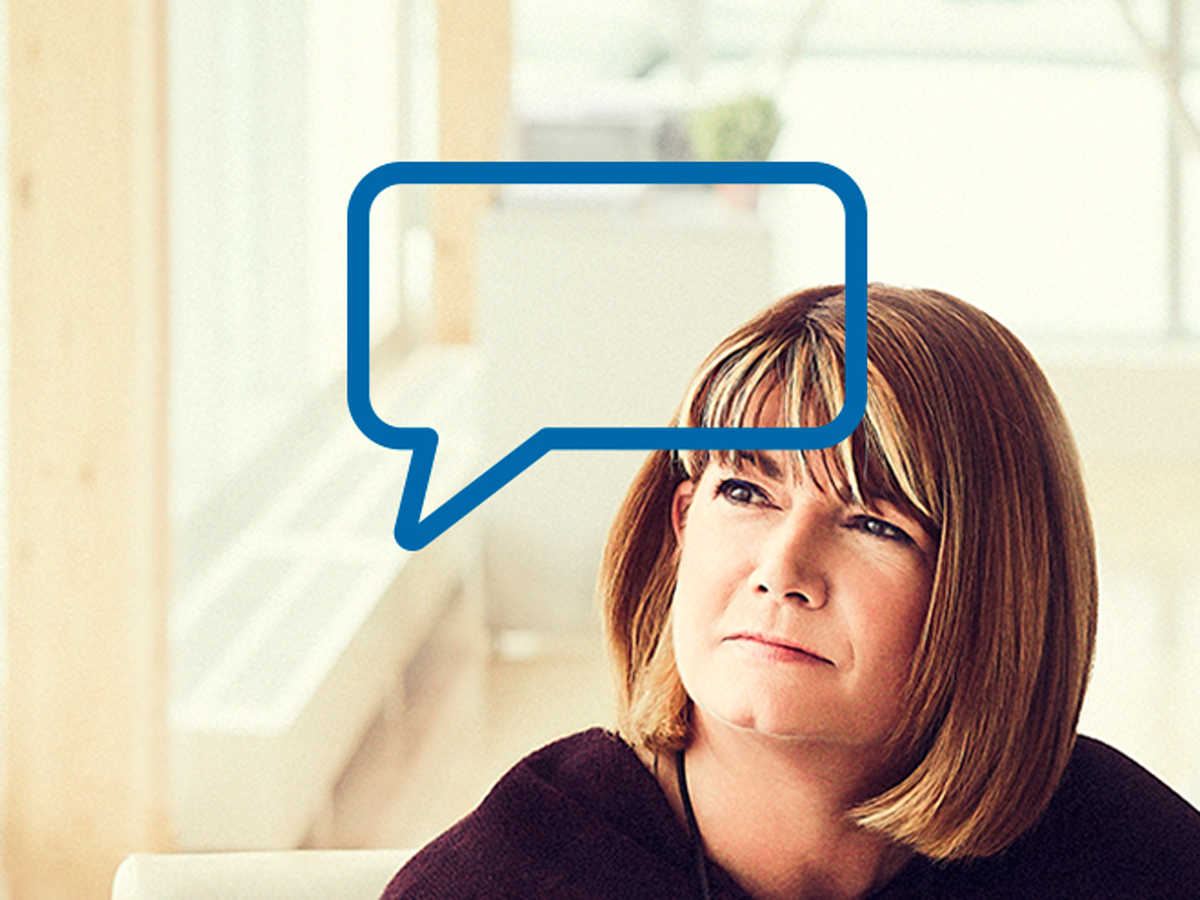Let’s Talk at CFB Esquimalt
By Lookout on Jan 30, 2019 with Comments 0
Jan. 30 marks Maritime Forces Pacific’s (MARPAC) support of Bell Let’s Talk Day, an initiative to reduce the stigma of mental health by talking about it openly and honestly.
Here are a few ways you can help end the stigma:
Language Matters
The words you use can make all the difference. Words can help, but they can also hurt. Think about what words you are using to discuss mental illness and whether or not those words perpetuate or reduce the stigma.
The stigma around mental illness has been around for a long time and knowing the facts and myths about mental health is a great way to help reduce the stigma. So take the time to learn about mental health – there are great resources listed here.
Simple acts of kindness, such as giving a smile, being an active listener, or inviting someone for coffee and a chat, can make a world of difference and help open the conversation and let someone know you are there for them.
Mental illness is a very common form of human pain and suffering. Being an active listener and asking how you can support someone is the first step in their recovery. You don’t need to have all the answers, just being there for the people you care about is often enough.
Mental illness affects us all in some way, either directly or through a friend, family member, colleague, or loved one. Stories of people who have experienced mental health issues and who are doing well can help to challenge stereotypes. Let’s start to break the silence and reduce the stigma.
Join us at the Collier Theatre (Building WP1094) on Jan. 30th at 11 a.m. to view the CAF Facebook panel discussion on mental health and join the conversation for Bell Let’s Talk Day.
CFB Halifax is hosting a CAF Bell Let’s Talk Day panel discussion on mental health featuring Bell Ambassador (and Veteran) Bruno Guévremont, CAF clinicians and local and national CAF members who have experienced mental health struggles throughout their careers.
This panel discussion will be livestreamed on the Canadian Armed Forces Facebook page (www.facebook.com/CanadianForces).
Hold Your Own Bell Let’s Talk Conversation
If you want to be a part of the conversation, visit the Bell Let’s Talk website and download the Facilitator’s Guide that provides useful information and resources on how you can start a discussion within your workplace or unit.
If you are going to facilitate a discussion, make sure to set aside plenty of time for conversation and questions. The suggested time in the manual is 40 minutes, with an additional 10-15 minutes to wrap up and answer any questions.
Mental Health Affects Us All:
MARPAC Fleet Chief CPO1 Jaquemot tells his story
As your Fleet Chief and MARPAC military co-chair for the Mental and Social Wellness Working Group, I want to share my personal experience with you on mental health.
Mental health affects us all directly or indirectly, and it is important for us to realize that our ability to function and continue to operate in or near the “green” on the mental health continuum can sometimes be out of our control.
Other Mental Health Resources
Check out these websites for more information on mental health.
Guarding Minds at Work: www.guardingmindsatwork.ca
Working Through It: www.workplacestrategiesformentalhealth.com/wti/HomePage.aspx
Great West Life: Workplace Strategies for Mental Health:
www.workplacestrategiesformentalhealth.com
Partners for Mental Health: www.notmyselftoday.ca
Filed Under: Top Stories
About the Author:






